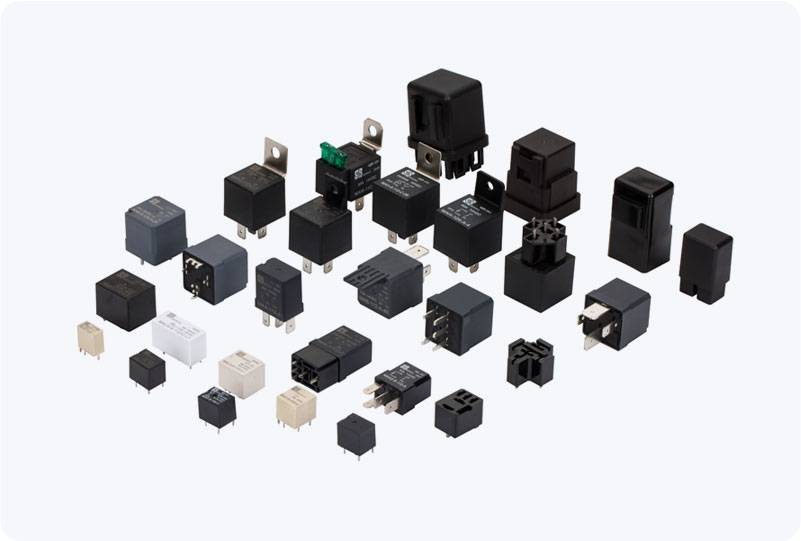A Ground Fault Relay (GFR) is a vital protective device used in electrical systems to detect and mitigate ground faults. A ground fault occurs when an electrical current escapes from its intended path and makes contact with the ground or a grounded surface. This type of fault can lead to severe consequences, including equipment damage, fires, and even fatal electrocutions. Therefore, the Ground Fault Relay plays a critical role in ensuring the safety and reliability of electrical systems, especially in environments where ground faults are a significant risk.

What is a Ground Fault? A ground fault is defined as an unintended connection between an electrical system’s live conductor and the earth or any conductive part that is grounded. This can happen due to damaged insulation, worn-out wiring, or faulty electrical equipment. When a fault occurs, it can cause an increase in the current flow through unintended paths, which can be hazardous. In worst-case scenarios, a ground fault can result in electric shocks or fires if not properly detected and mitigated. Role of Ground Fault Relay A Ground Fault Relay is designed to detect the presence of a ground fault in an electrical system and automatically disconnect the faulty circuit to prevent any potential harm. The relay continuously monitors the electrical current and voltage levels in the system, specifically focusing on identifying any imbalances or deviations that could indicate a ground fault.